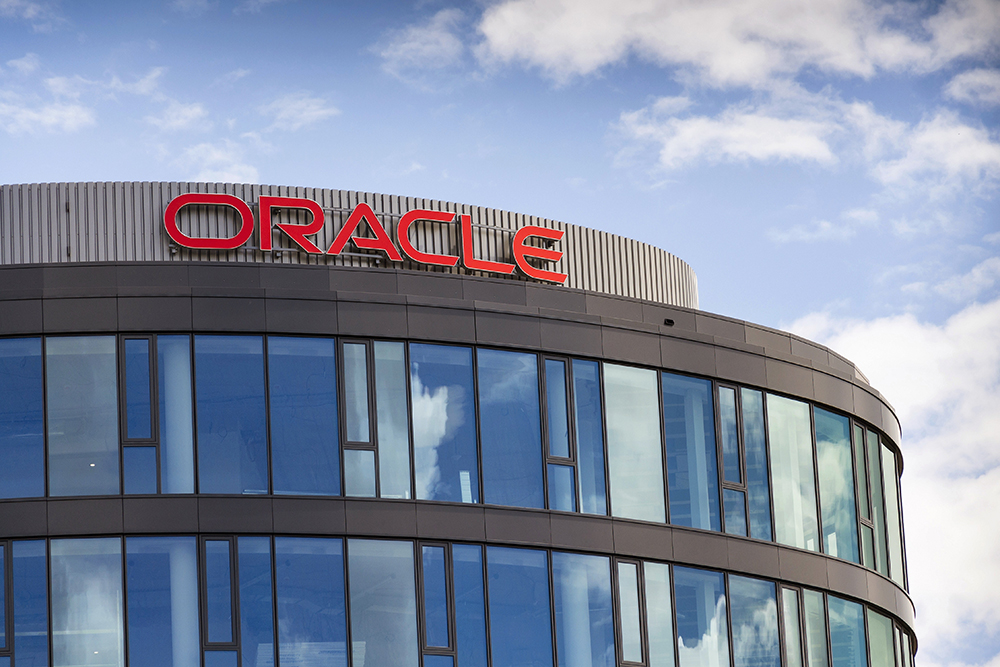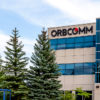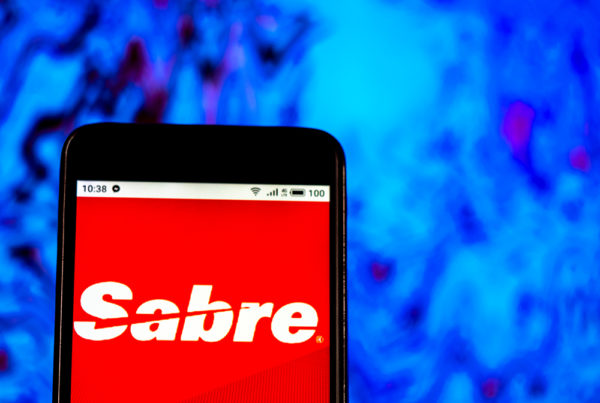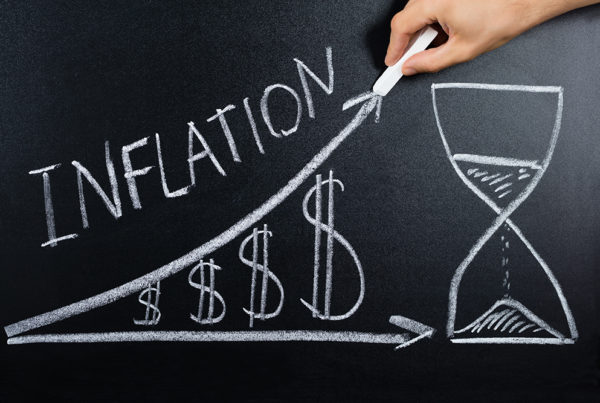What happens to formerly high-flying tech stocks? If you’re lucky, they turn into boring ol’ blue chips. That’s what happened to this one but Adam Fischbaum thinks there’s still room to run.
— Bob Bogda, Editor
P.S. Like what you see? Don’t like what you see? Let me know.
As a rookie advisor 25 years ago, I vividly recall all of the other young advisors obsessing over tech company earnings reports. Like Captain Renault said in the film classic Casablanca: “Round up the usual suspects.”
That interrogation would, without fail, include the likes of Cisco Systems (CSCO), Microsoft (MSFT), Dell (DELL), Intel (INTC), Amazon (AMZN), and Oracle (ORCL). A beat in any of the earnings estimates? The stocks took off. A slight miss? Beaten like a rented mule. One guy I worked with was always touting the “whisper numbers” – the unofficial earnings estimates that would be privately circulated among analysts.
Good times.
Well, not really. The herd bid the stocks up to the stratosphere, stretching valuations to ridiculous and unsustainable levels.
And then it rolled over.
After peaking around 7,200 in February 2000, the NASDAQ Composite spent the next two years grinding lower by 76% to bottom out at 1,685 in September 2002. Naturally, all the members of the Tech Bubble Mile High Club fell with it. Oracle included.
Since then, though, Oracle has matured and shares have appreciated nicely.
Just as I was an enormous Apple (AAPL) bear for years until the stock reached a valuation that matched my investment discipline, I’ve taken the same approach with Oracle. But my bias went deeper than just the math involved in valuing the stock.
I’ve never been comfortable with the style of founder and long-time CEO Larry Ellison. His ego and management style rubbed me the wrong way and I felt the valuation wasn’t justified. The other thing, if the truth be told, was that at the time, I just didn’t understand what Oracle actually did.
So, where do things stand a quarter-century later?
Ellison is still chairman and chief technology officer (but is no longer CEO). And I’m a convert. For me, it’s finally time to buy the stock.
SPONSORSHIP
How to calmly make money in these volatile markets…
“Trade wars are striking terror into the markets…
No-one knows what craziness will come next.
But I’m not losing a wink of sleep…
Over the last decade…
I’ve formulated an easy way to turn unpredictable markets into cash in my pocket.”
Here’s the deal: Oracle is a software-platform company. Customers use the company’s flagship product, Oracle DBMS, for running online transaction processing and data warehousing.
Oracle also develops cloud software and infrastructure products, and has entered the subscription model, software as a service (SAAS) space.
The result is a $168.7 billion market cap — a big tech powerhouse with shares that seem like high quality bonds. Strong business model. Not particularly vulnerable to competitive threats. Steady and generally predictable performance. Like a high-quality bond. Coca Cola (KO) is one such company. Oracle is another.
Oracle’s sales growth is flat. But revenue is rock steady, averaging $38.54 billion annually over the last five years. Earnings per share (EPS) have grown at an average annual clip of more than 6.5% for the same period. Net margins have averaged 22.7% annually while the company has grown its dividend by 12% annually over the last five years.
Is this hot-rod growth? Absolutely not. It’s more like a Ford F-150. It will get you to where you want to be but without a lot of the drama.
Oracle is throwing off $9.9 billion in annual free cash flow. Go ahead and round that up to $10 billion if you’d like to.
However, one of my favorite metrics is Oracle’s enormous 74.6% return on equity (ROE). Clearly, CEO Safra Catz’s ascension to the C-suite six years ago was the right move as she and the rest of the management team are executing consistently.
With the sudden and massive shift in how businesses work due to the Covid-19 pandemic, from office to remote/at home, cloud computing and ancillary services are poised to expand exponentially. No less than 83% of Oracle’s revenue comes from cloud-facing services and products.
The stock currently trades at about $57.50 with a forward PE of 13.66 and a growing 1.66% dividend yield. That’s awfully cheap stock for a company this solid in a great sector. Salesforce.com, by contrast, sports a forward PE of 67 and pays no dividend.
Action to Take: The environment alone sets the company up to grow. Patient, long-term investors should be well rewarded in 18 months with potential returns north of 20%. For now, a cheap stock with solid, operating consistency is a good insurance policy.
SPONSORSHIP
If you do nothing else to protect your financial future…
I urge you to set aside a little time and attend what is already considered…
The biggest financial event of the year!










